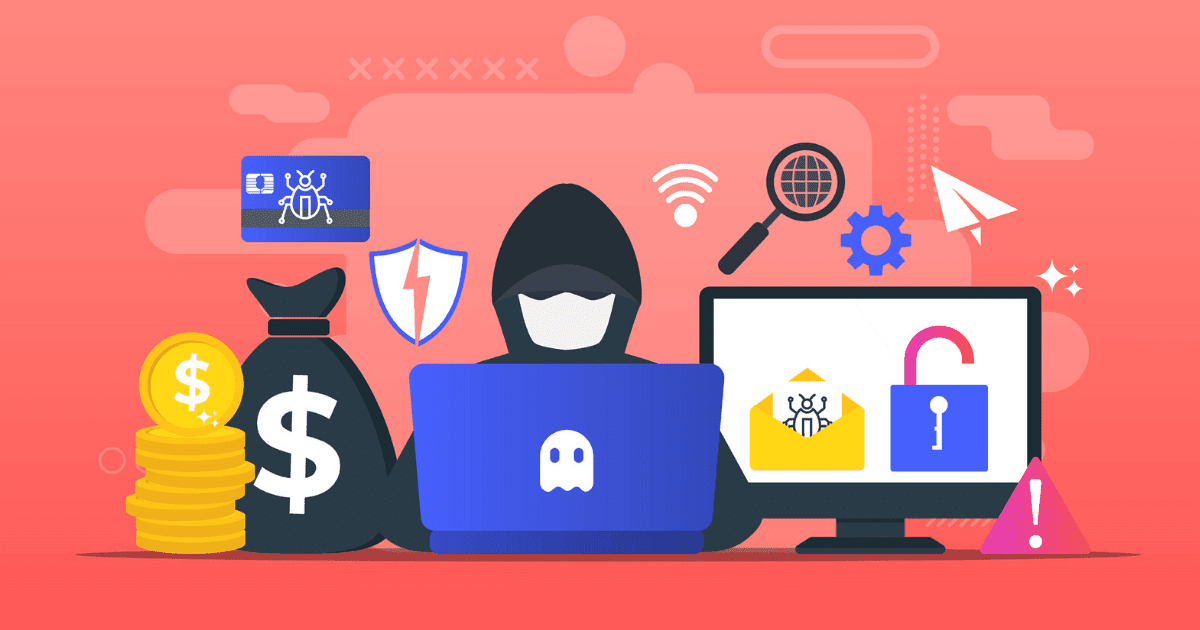The amount of money that consumers spend online has been steadily growing each year. There’s often a dramatic increase each November and December—the beginning of holiday shopping season. Watch out for these common holiday cyberattacks, which can target individuals and businesses alike.
4 Holiday Cyberattacks to Watch Out For
1. Phishing Emails
Phishing emails are among the most common (and effective) holiday cyberattacks. They involve a hacker sending a legitimate-looking email to a victim with the goal of getting them to click a malicious link or deliver their login credentials.
Here are some common phishing emails to watch out for this season:
- Fake receipts or invoices for items you never purchased
- Phony shipping status alerts for items you never purchased
- Too-good-to-be-true deals (or free giveaways)
- Fake notices from banks or credit card companies alerting you of large purchases made on your account
Hackers target both individual consumers and businesses with phishing emails. If an email seems suspicious, never reply to it or click an attachment or link within it.
2. E-Skimming
In late October 2019, the FBI issued a warning about e-skimming. This type of cyberattack follows a common pattern:
- Hackers gain access to a company’s online store.
- Hackers hide malicious code on the company’s online shopping cart.
- The code harvests sensitive information, such as name and credit card number, from victims as they make purchases.
In order to stay protected, it’s highly recommended for online shoppers to keep their cyber security software updated, always use strong passwords and implement multi-factor login authentication whenever possible.
3. Social Media Scams
Social media is also a common vessel for holiday cyberattacks. Here are a few of the most popular:
- “Gift card generator” websites, which claim to create a free gift card code for you to redeem in exchange, but instead actually infect your device with malware
- Posts promoting free giveaways, which also link you to malware-infected websites
A good rule of thumb to avoid social media scams is to ignore any promotions that appear to be too-good-to-be-true.
4. Public Wi-Fi
If you prefer in-person shopping to online shopping, you’re still not necessarily safe from holiday cyberattacks.
Public Wi-Fi networks, which many stores and malls offer, are extremely easy for hackers to exploit to launch attacks. Basically, a hacker can position themselves to intercept any data sent using the network.
It’s recommended not to connect to a public Wi-Fi network under any circumstance.
Cyberattacks spike considerably around Black Friday and Cyber Monday in particular, so make sure you’re prepared to identify and avoid them.
{{cta(‘21368358-003c-4f37-b530-9631af96b096′,’justifycenter’)}}





